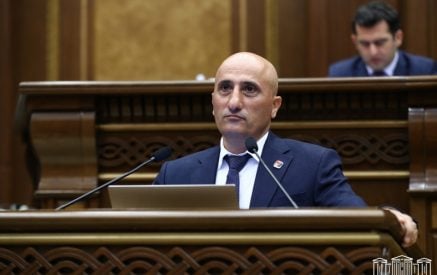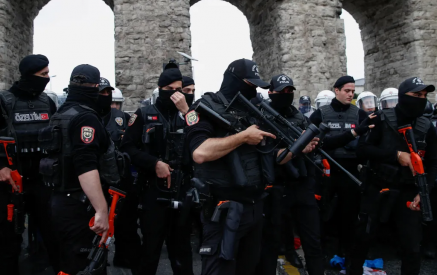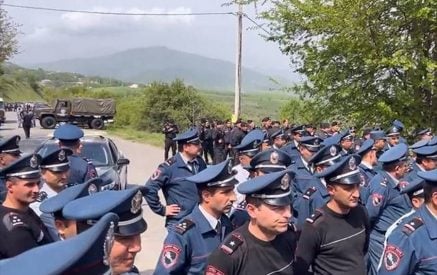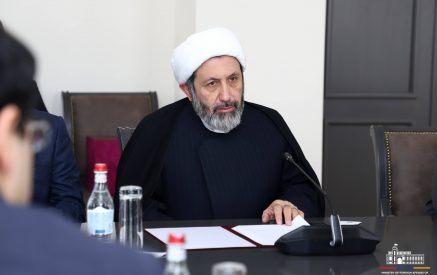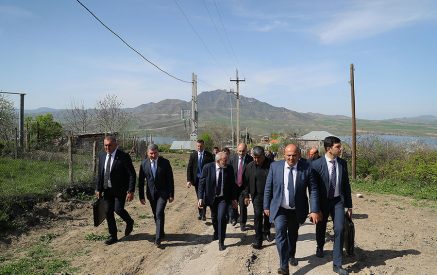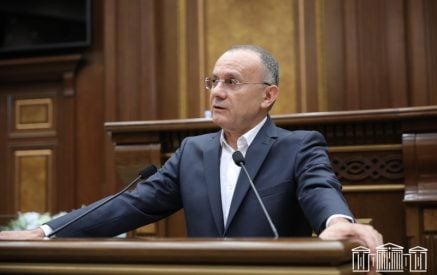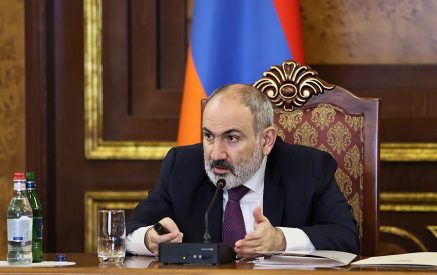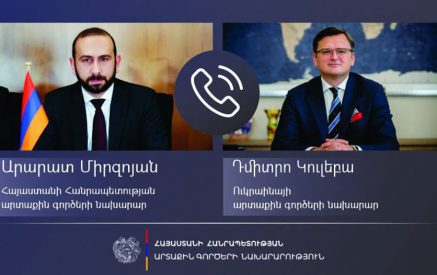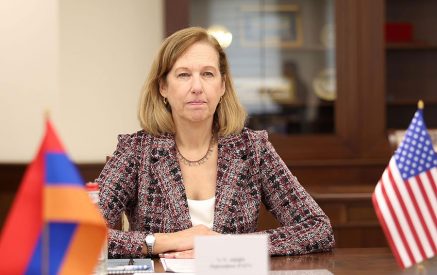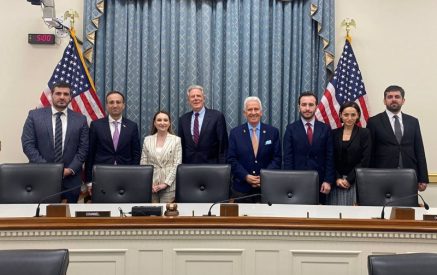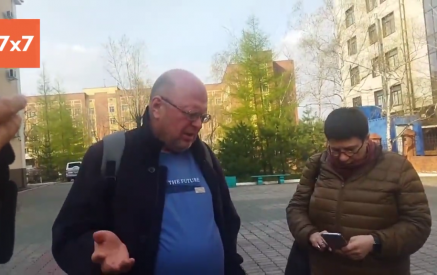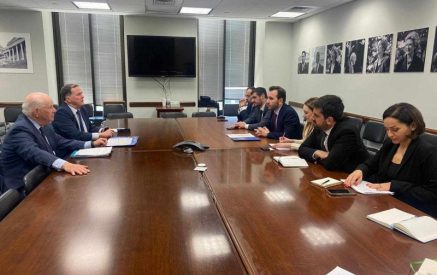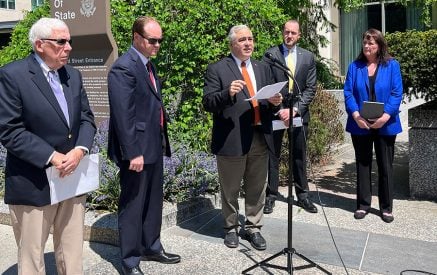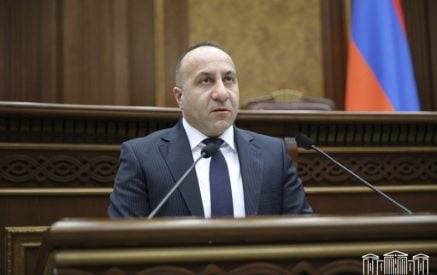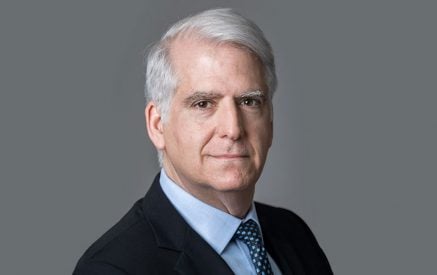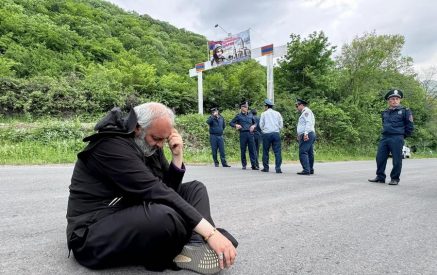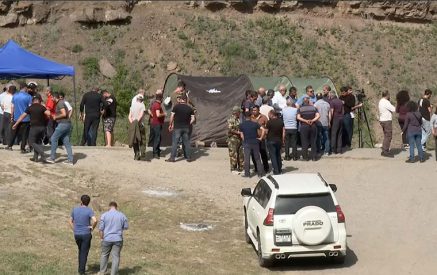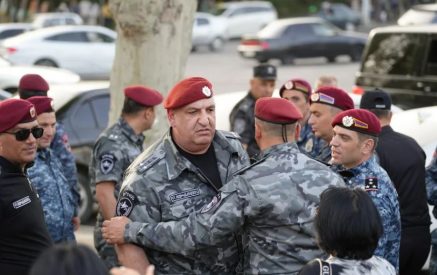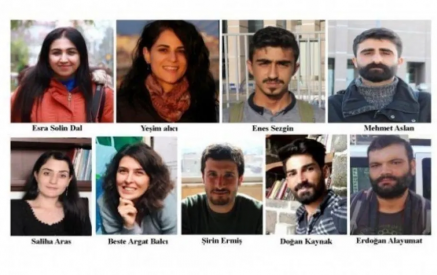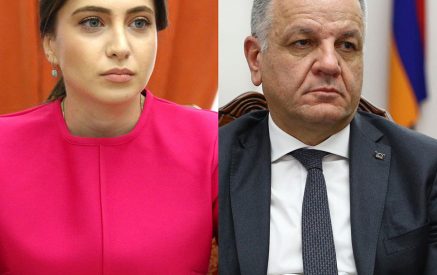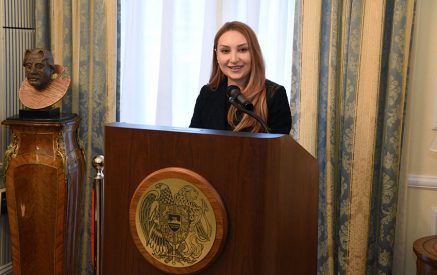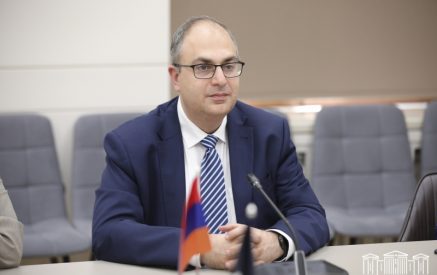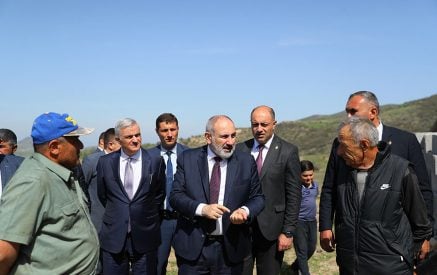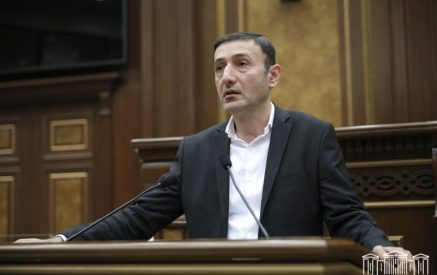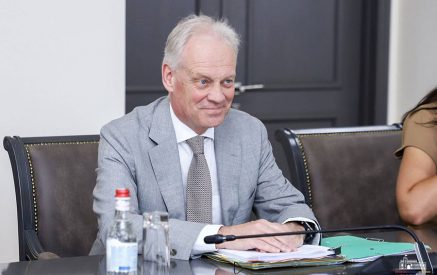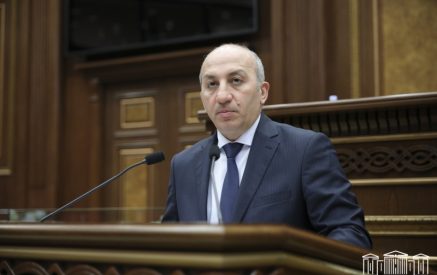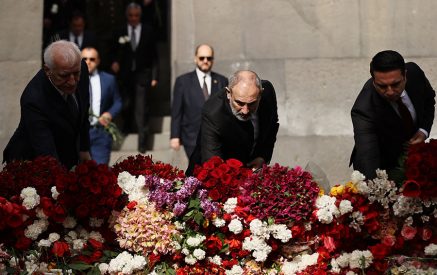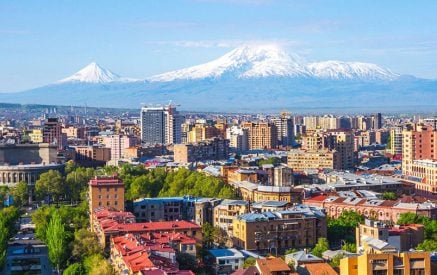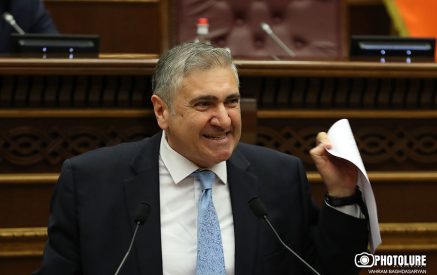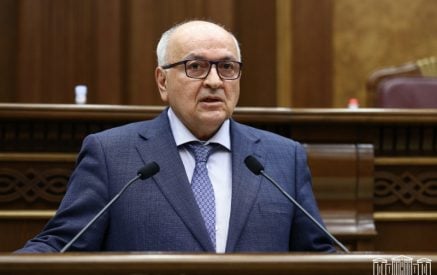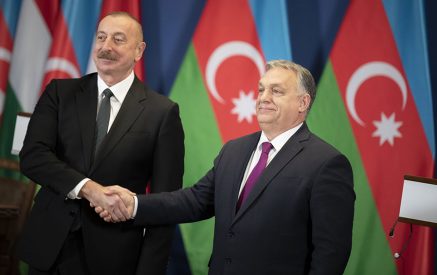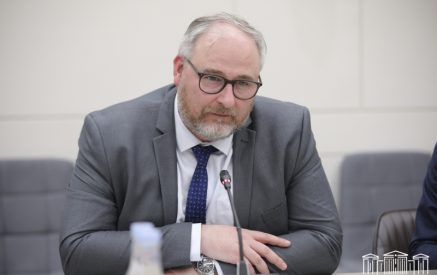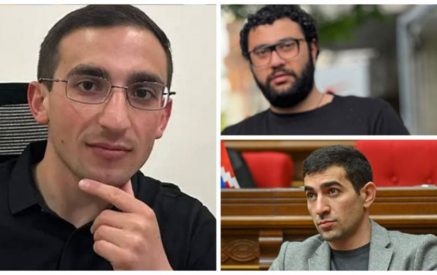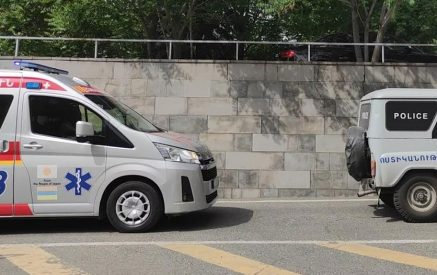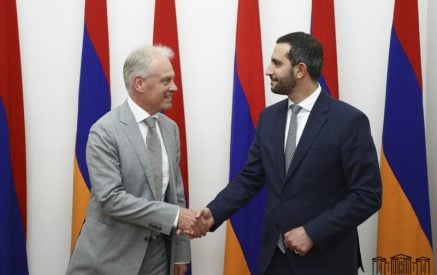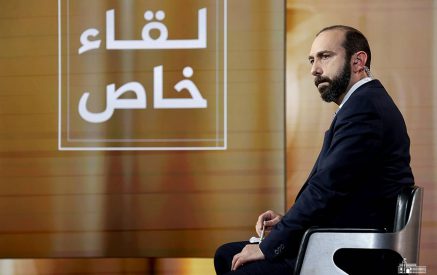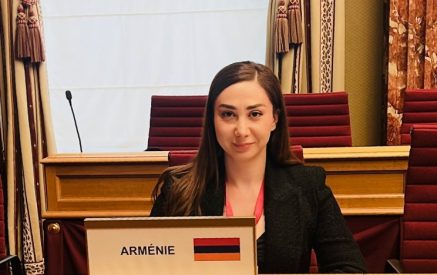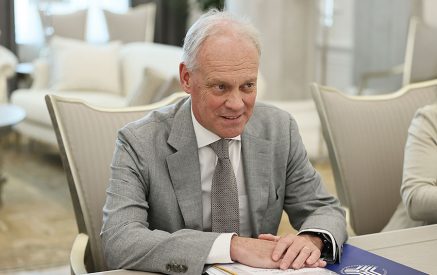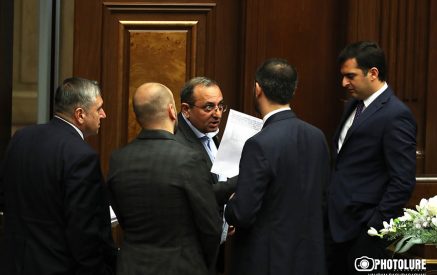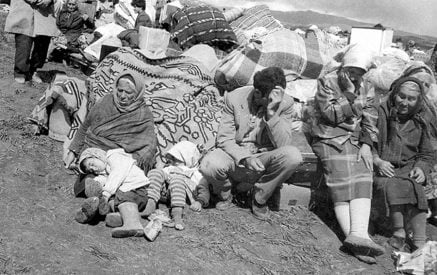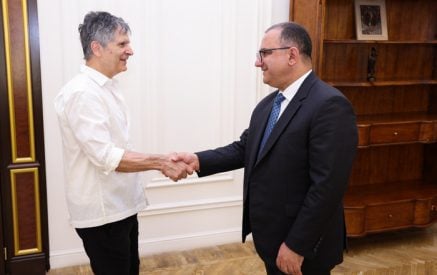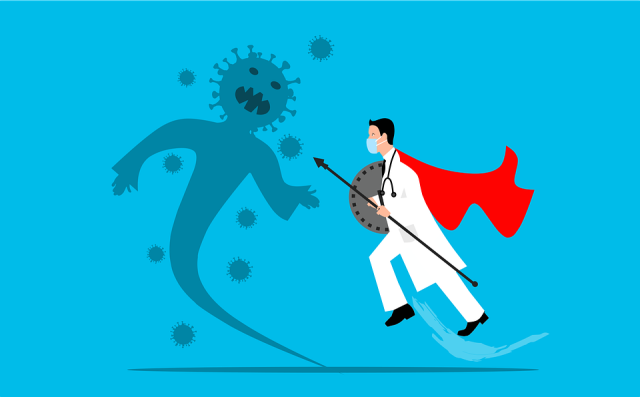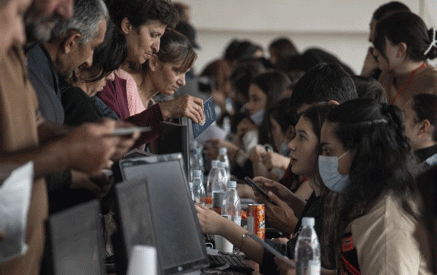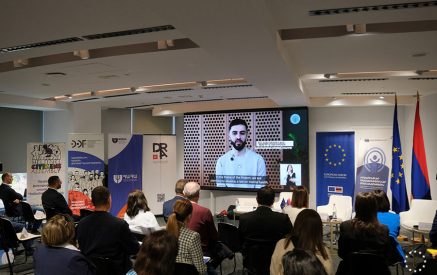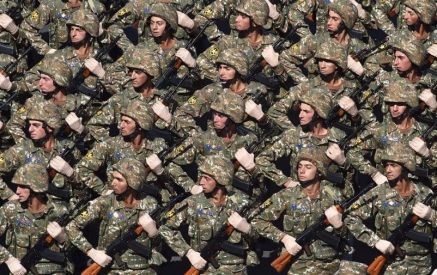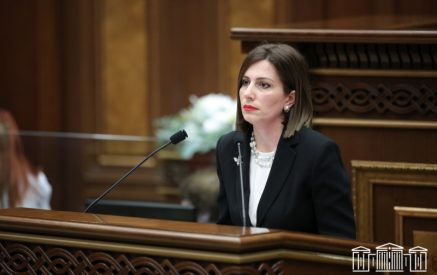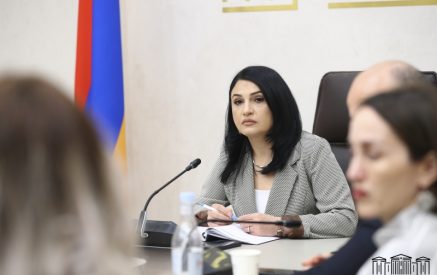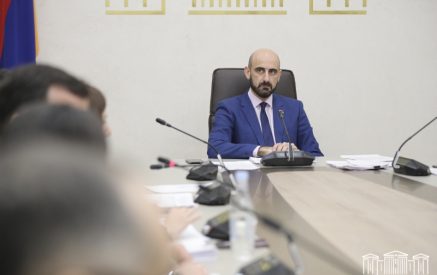Joint statement by European Commissioner for Health and Food Safety Stella Kyriakides, WHO Regional Director for Europe Dr Hans Henri P. Kluge and Director of the European Centre for Disease Prevention and Control Dr Andrea Ammon
The 2022-2023 influenza (flu) season epidemic is off to an early start in the European region as concerns over Respiratory syncytial virus (RSV) rise and COVID-19 is still being a threat.
The region is currently experiencing increasing circulation of influenza and RSV. Together with COVID-19, these viruses are expected to have a high impact on our health services and populations this winter. This highlights how important it is for vulnerable groups to get vaccinated against influenza and COVID-19 as well as for everyone to protect themselves and others from infections.
We are already seeing influenza viruses (A and B) circulating in different parts of the region. While circulating among all age-groups and particularly in children of school-age, influenza A viruses usually cause severe disease mostly for older people and those with chronic conditions.
Read also
An increasing number of people is being admitted to hospitals due to influenza, with hospital admissions rising since October. Our populations, 55 years and older, account for almost half of reported influenza hospital admissions.
In 23 countries reporting Severe Acute Respiratory Infection (SARI) data, hospitalised patients have been diagnosed mostly with type B viruses (85%), with children aged four years and younger being the most often affected.
RSV has also been on the rise since October, with some 20 countries and areas experiencing intensified RSV activity.
COVID-19 case rates, hospital and intensive care unit (ICU) admissions, and death rates are currently low compared to the past 12 months, but this situation could change as new variants emerge, and the disease continues to strain healthcare resources.
With the continued impact of the COVID-19 pandemic and the circulation and health impact of other respiratory pathogens, it is challenging to predict how the new winter period will develop.
In view of this, we cannot afford to become complacent. We must step up vaccination programmes and preparedness measures across the region. The need to protect our populations’ health, especially the most vulnerable, is as strong as ever.
We continue to encourage the most vulnerable – older people, pregnant women, people with underlying health conditions such as heart disease, and health workers – to get vaccinated against seasonal influenza and COVID-19.
We cannot say it enough: Vaccination saves lives. It decreases the chances of being infected and reduces the risk of severe illness from COVID-19 and seasonal influenza.
Personal protective measures also help us keep all respiratory viruses – seasonal influenza, COVID-19 and RSV – at bay. We continue to urge everyone to protect themselves by taking simple but effective measures – from cleaning hands regularly, wearing well-fitting masks, particularly when in crowded, closed settings with inadequate ventilation, to staying away from others when ill with a respiratory virus.
It is also important for countries to monitor not only SARS-CoV-2, but also how influenza and RSV viruses are spreading and affecting people and health care systems. Reporting these findings to WHO/Europe and ECDC will help better understand the impact of several respiratory viruses co-circulating widely, and to further strengthen our prevention and control measures.
We also recommend clinicians to consider early antiviral treatments and prophylaxis for influenza, RSV and COVID-19, according to national guidance, for those who are at risk of severe disease, to prevent severe outcomes and reduce the burden on healthcare systems.
Only by being prepared, staying vigilant and continuing to do what we know works will we be able to overcome this winter’s challenge.
Background/Explainer:
WHO/Europe issued strategy recommendations to protect the most vulnerable from respiratory viruses, including SARS-CoV-2, influenza and RSV, during the autumn and winter. The European Commission has also published a communication on preparing for the autumn and winter 2022–2023 to help countries prepare their response to a likely increase of COVID-19 and influenza.
In the European region, an influenza epidemic is declared after influenza cases are higher than baseline/in the summer months (over 10 per cent of patients with respiratory symptoms who go to selected doctors and are tested are confirmed as having influenza virus infections) over 2 consecutive weeks.
Using this definition, the 2022-2023 epidemic started in the week beginning 7 November (and was declared in the week beginning 21 November).
In a typical year, 5–15% of the population is affected by influenza, leading to 3–5 million cases of severe flu and around 650 000 deaths globally. Around 70 000 of those deaths are in WHO’s European Region on average.
RSV is a seasonal virus that recurs each year in Europe with peaks mainly during the autumn, winter, and spring months (October to April), and is a leading cause of acute lower respiratory tract infections in infants and young children.
Common symptoms of RSV include runny nose, decrease in appetite, coughing, sneezing, fever and wheezing. Most RSV infections resolve on their own in a week or two, but RSV can also cause more severe infections such as bronchiolitis, an inflammation of the small airways in the lung, and pneumonia, an infection of the lungs.
Although RSV infection is nearly unavoidable for most children, special efforts should be made to protect preterm babies and infants younger than six months old, particularly those with underlying lung and heart disease. In addition, toddlers who have not encountered RSV during the COVID-19 pandemic would be at an increased risk of infection.
Therapeutics against severe RSV infection have been approved, and researchers are in the process of developing vaccines.
WHO/Europe Press Office

